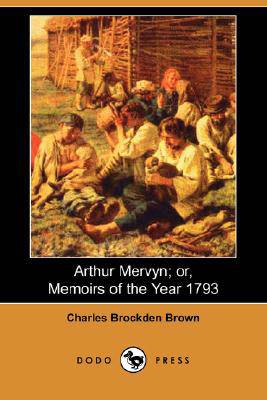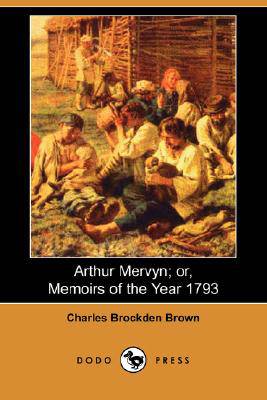
- Afhalen na 1 uur in een winkel met voorraad
- Gratis thuislevering in België vanaf € 30
- Ruim aanbod met 7 miljoen producten
- Afhalen na 1 uur in een winkel met voorraad
- Gratis thuislevering in België vanaf € 30
- Ruim aanbod met 7 miljoen producten
Zoeken
€ 19,95
+ 39 punten
Omschrijving
Charles Brockden Brown (1771-1810), an American novelist, historian, and editor of the Early National period, is generally regarded by scholars as the most ambitious and accomplished US novelist before James Fenimore Cooper. He is the most frequently studied and republished practitioner of the "early American novel, " or the US novel between 1789 and roughly 1820. Although Brown was by no means the first American novelist, as some early criticism claimed, the breadth and complexity of his achievement as a writer in multiple genres (novels, short stories, essays and periodical writings of every sort, poetry, historiography, reviews) makes him a crucial figure in US literature and culture of the 1790s and 1800s, and a significant public intellectual in the wider Atlantic print culture and public sphere of the era of the French Revolution. Among his works are: Wieland; or, The Transformation (1798), Edgar Huntly; or, Memoirs of a Sleep-Walker (1799), Jane Talbot (1801), Memoirs of Carwin the Biloquist (1803-1805), and Arthur Mervyn; or, Memoirs of the Year 1793 (1799/1800).
Specificaties
Betrokkenen
- Auteur(s):
- Uitgeverij:
Inhoud
- Aantal bladzijden:
- 416
- Taal:
- Engels
Eigenschappen
- Productcode (EAN):
- 9781406520804
- Verschijningsdatum:
- 14/09/2007
- Uitvoering:
- Paperback
- Formaat:
- Trade paperback (VS)
- Afmetingen:
- 152 mm x 229 mm
- Gewicht:
- 607 g

Alleen bij Standaard Boekhandel
+ 39 punten op je klantenkaart van Standaard Boekhandel
Beoordelingen
We publiceren alleen reviews die voldoen aan de voorwaarden voor reviews. Bekijk onze voorwaarden voor reviews.











